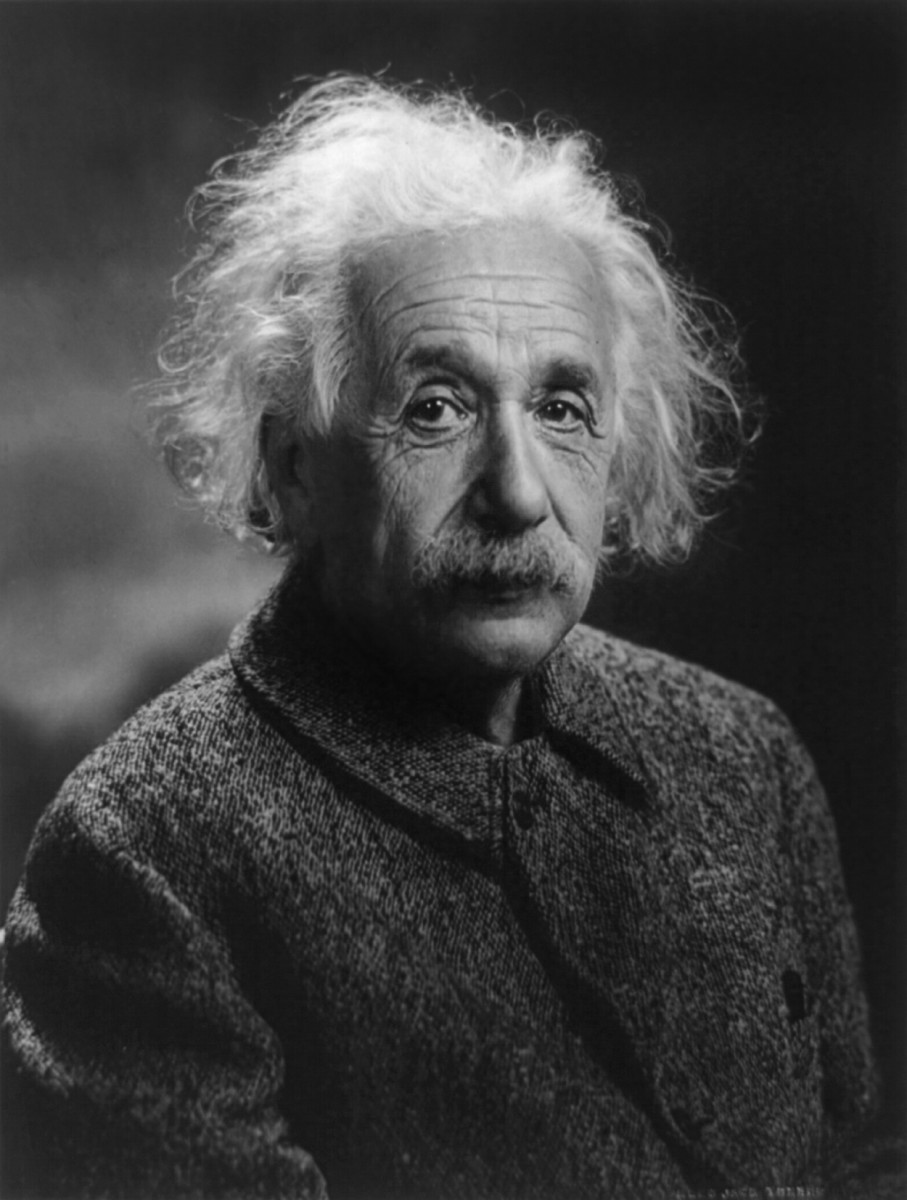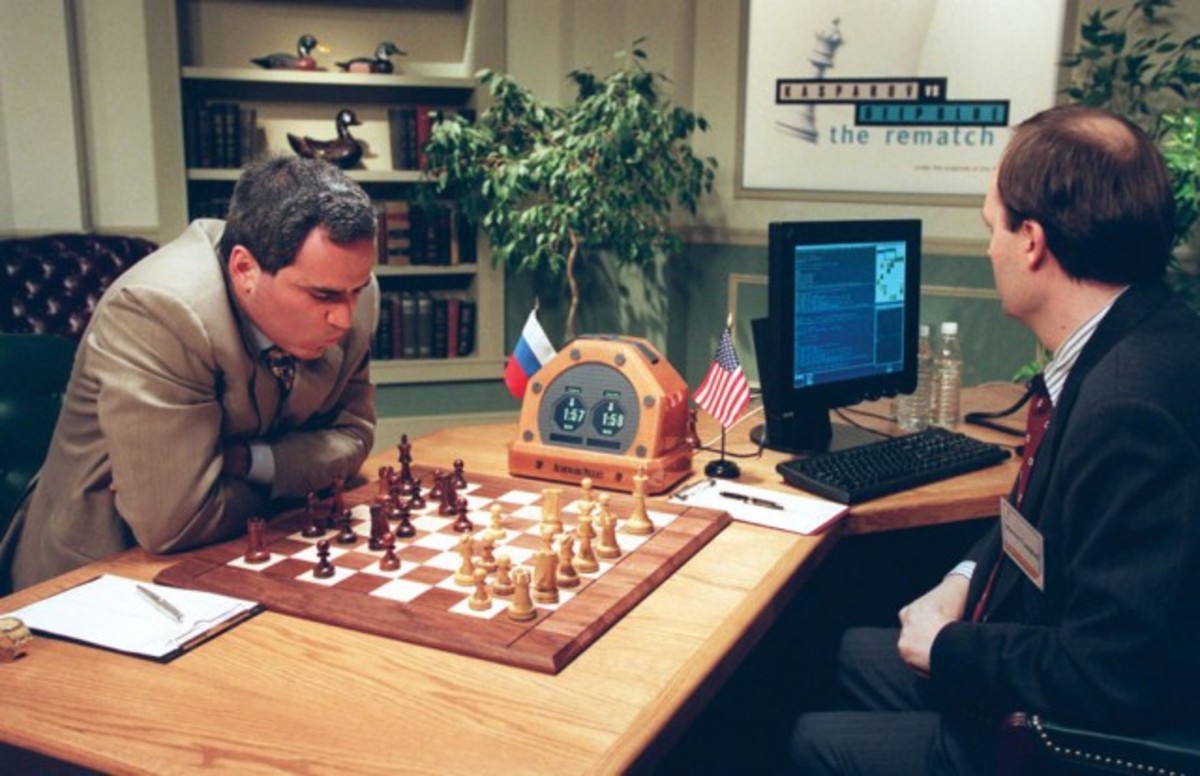EQ, IQ and Then There's Perseverance
The obsession with IQ persisted until the turn of the millennium when EQ started gaining traction. In this article, we explore both concepts and the role of a third factor i.e. perseverance.

Background
Being a millennial means that since childhood, our generation was taught to work hard for good grades. Tags like ‘Genius’ and ‘intelligent’ were used for children who exhibited a higher IQ. Every parent hoped that their child secured one of the Top 3 positions and thus pave the way to a successful life. Higher IQ was an automatic ticket to a good life and children having a greater interest in sports were discouraged and asked to focus on studies. This trend carried on through College and University life where academic achievement was considered as the main determinant of future success.
It’s important to remember that our parents belonged to a generation that didn’t hesitate to spend their whole lives working for one organization. For them, job stability was very important and based on their perception, getting good grades was a foolproof method of obtaining a good job. The entrepreneurial spirit just hadn’t penetrated their thought process to the same extent as compared to the next generation.
The Entrepreneurial spirit
The 1990s and especially the turn of millennium heralded the rise of a cult of personalities including Steve Jobs, Bill Gates, Mark Zuckerberg, Warren Buffet etc. These people did not subscribe to the Einstein IQ syndrome (some were even college dropouts) and yet were highly successful in their lives. This was the time when Daniel Goleman wrote a book titled ‘Emotional Intelligence’ and posited that EQ was actually more important than the sacred IQ. Let's look at both terms and try to find a definitive path.
Intelligence quotient
IQ or ‘book smarts’ is a measure of cognitive abilities like knowledge, vocabulary, short-term and working memory, reasoning and mathematical ability. IQ is calculated by dividing an individual’s mental age with his/her chronological age and multiplying the result by 100. Most IQ scores are calculated by forming the average score for a certain age group and then comparing the test-taker’s score with it.
The average IQ is considered as a score of 100 and 68% of the population lies between one standard deviation of this score i.e. between 85 and 115. The extreme outcomes are scores below 70 and above 130. The former may be a sign of learning disability while the latter is attributed to giftedness.

Emotional quotient
EQ or ‘street smarts’ is a measure of emotional intelligence which is focused on identifying and controlling one’s emotions, evaluating and responding to how others feel, using emotions to facilitate social communication. Man is a social animal and hence EQ anticipates how individuals will perform in teams, what characteristics define leaders and how the best outcomes are achieved.
Understanding these two terms is very important because they represent a fundamental shift in perspective. Suddenly the sportsman started trending because he/she has developed a higher EQ through engagement in teamwork, leadership scenarios, pressure situations and achieving goals. Corporate life also embraced the concept of EQ because it helped in team building, leadership development and above all the achievement of organizational objectives.
For decades, assessment frameworks were IQ based and then new methods like Psychometric assessment emerged to gauge the EQ component of candidates. The application was multifold and it included universities, multinational corporations, and military institutions.

Perseverance
Every famous personality has varying degrees of IQ and EQ, but it is perseverance that truly defines the heights they reach. In modern times, the Chinese entrepreneur-Jack Ma is considered as the personification of perseverance. Coming from a humble background, Jack Ma initially struggled in life and shared how he experienced numerous difficulties in attending good universities and finding suitable employment. However, he had a clear vision and embraced repetitive failures on the path to success. He didn’t focus on naysayers, persevered with his vision, and in the end achieved his goals. Jack Ma is also a great example of giving back to society through diverse philanthropic pursuits.

Conclusion
Results truly matter, but while raising the next generation we must try to inculcate a balance of IQ, EQ, and perseverance in their upbringing. This will help them to find a worthy cause, find what they excel at and contribute to society. We can't make children do what we want, we must support them in finding 'what they want to do.' The world is changing and the pace with which we embrace this change will determine future success.
© 2019 Mahmood Anwar






